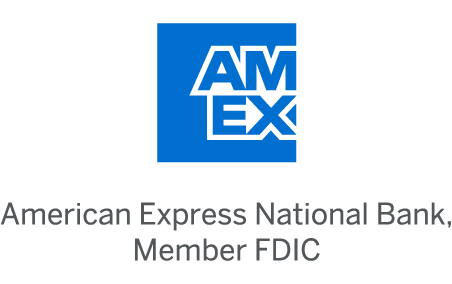There’s a reason so many people have been clamoring to open CDs. The interest rate hikes the Federal Reserve implemented in 2022 and 2023 have led to higher CD rates. So you may be tempted to lock in a guaranteed rate on your money — especially when you can still get an APY of 5.00% pretty easily.
But while it’s easy to see the appeal of CDs today, there may be a better choice for your money. Here are three alternatives to a CD you should consider.
1. A high-yield savings account
The nice thing about opening a CD is that your interest rate is guaranteed. With a savings account, your interest rate could change — for better or for worse — based on market conditions.
However, the benefit of a savings account is that you’re not being forced to make a commitment. If you end up needing or wanting your money for another purpose, you can take a withdrawal at any time. With a CD, you risk a penalty for withdrawing your money early.
Our Picks for the Best High-Yield Savings Accounts of 2024
|
Citizens Access® Savings 
|
Min. to earn $0.01 |
|
|
Capital One 360 Performance Savings 
APY 4.25%
|
APY 4.25%
|
Min. to earn $0 |
|
American Express® High Yield Savings 
APY 4.25%
|
APY 4.25%
|
Min. to earn $1 |
Even if you open a savings account paying a slightly lower APY than what top CDs are offering now, you could still come out ahead.
For example, for a $10,000 deposit, earning 4.00% on your money in a savings account over the next year vs. 5.00% from a CD is a difference of $100. But if you have to cash out a 12-month, $10,000 CD early that pays 5.00% before the term ends, you might lose three months of interest, which is a loss of $125.
Even more reason to go with a savings account: Some of the accounts on our best high-yield savings account list currently earn higher than 5.00% APY.
2. A brokerage account
The idea of earning 5% on your money might seem fantastic. But what if you could earn 10% instead?
When you invest in a brokerage account, there’s no such thing as a guaranteed return. But you should know that over the past 50 years, the stock market’s average annual return has been 10%.
If you put $10,000 into a stock portfolio that delivers that same return, in 10 years, you could end up with roughly $26,000. Even if you’re able to get a 5% return out of a $10,000 CD for the next 10 years, that only leaves you with about $16,300. That’s close to a $10,000 difference.
3. An IRA
Like a brokerage account, an IRA lets you invest your money in stocks and other assets. Because of this, you might score a much higher return on your money there than with a CD.
But also, if you put money into a traditional IRA, your contribution goes in tax free up to the annual limits. This year, those are $7,000 for savers under age 50 and $8,000 for those 50 and over. So if you’re in the 22% tax bracket based on your income and you put $5,000 into an IRA, you get to pay the IRS $1,100 less.
Now you should know that IRAs give you those tax breaks so you’ll keep your money in place for retirement. You’ll generally face a 10% penalty for withdrawing from an IRA before age 59 1/2. If you’re not sure that restriction works for you, a brokerage account could be a better option.
Today’s CD rates may be outstanding. But don’t assume a CD is the best place for your money. These three options may be a much more lucrative be
These savings accounts are FDIC insured and could earn you 11x your bank
Many people are missing out on guaranteed returns as their money languishes in a big bank savings account earning next to no interest. Our picks of the best online savings accounts could earn you 11x the national average savings account rate. Click here to uncover the best-in-class accounts that landed a spot on our short list of the best savings accounts for 2024.
